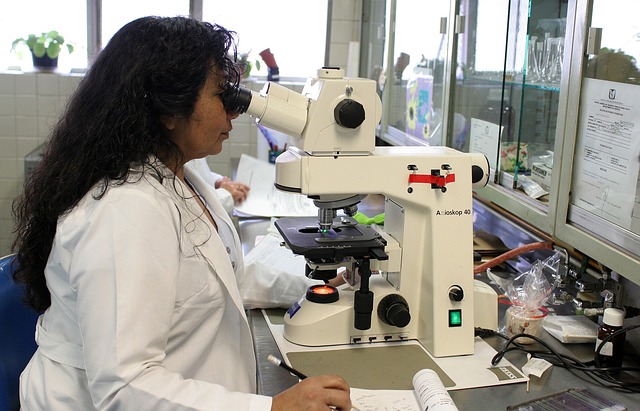 One of the most significant decisions aspiring healthcare professionals face during their journey is selecting a medical specialty that aligns with their unique interests and strengths. However, given the vast range of specialties available today, finding the right fit has become increasingly difficult for many students. This is why our comprehensive guide offers valuable insights into critical considerations like work schedules and employment prospects, helping readers make an informed choice about pursuing their dreams while also thinking about practical aspects like competition levels or certification requirements.
One of the most significant decisions aspiring healthcare professionals face during their journey is selecting a medical specialty that aligns with their unique interests and strengths. However, given the vast range of specialties available today, finding the right fit has become increasingly difficult for many students. This is why our comprehensive guide offers valuable insights into critical considerations like work schedules and employment prospects, helping readers make an informed choice about pursuing their dreams while also thinking about practical aspects like competition levels or certification requirements.
How to choose the right medical specialty
It’s essential to weigh certain factors when deciding on a medical specialty.
Clinical exposure
Medical school offers an opportunity for students to benefit from clinical rotations to actively gain experience across several specialties. Hands-on experiences increase the learning curve, while shadowing veterans grants unique insights into various fields.
Self-assessment
Understanding ourselves guides making objective choices that align with our strengths and personality traits: detail-oriented against big picture thinkers, thriving under pressure versus preferring calmness/less demanding environment. These features come into play during self-examination for proper guidance.
Lifestyle Consideration
The lifestyle implications of each specialty count toward evaluating choices’ fitness. This is because some may impose more demanding schedules and long working hours than others requiring frequent being on call. Thus, compatibility with personal priorities becomes necessary when considering career paths.
Long-term prospects
Investigating the prospects of your chosen policy areas determines your satisfaction with career growth, especially in the long run. Factors such as demand and anticipated growth coupled with potential advancements in technology or treatment options are essential when considering specialty choices to ensure a successful career and personal growth-wise.
What is the work schedule like?
Medicine is an industry with many niches that serve equally distinct client needs; this includes divergent working schedules per specialization field. Medical experts in categories like emergency services and surgical practices possess non-ordinary working hours imitated by weekend shifts due to random occurrences indicative of the job scope.
In contrast, other levels, such as dermatologists or radiologists with structured working times, offer greater leeway. Choosing the perfect schedule is influenced by a personal need to obtain equilibrium between your work and life perception while contemplating how such a scheme can affect your overarching quality of life.
Where Can You Work?
Medical practitioners have a multitude of working environments at their disposal: hospitals, both public sectors/clinics, private practices, scientific facilities, and tertiary and learning institutions, which provide several different scenarios for deployment based on specific preferences.
Specializations like family medicine frequently promote more varied employment prospects in urban and rural areas. In contrast, others, such as neurosurgery or interventional cardiology, may demand concentration in specialized facilities for optimal performance. You should research to discover potential job opportunities within their desired specialty to gain perspective on the ideal working scenario.
How Competitive is The Field?
The competitiveness among medical specialties differs significantly from one specialization to another. The most sought-after areas, like dermatology or orthopedic surgery, require exceptional academic records matching rigorous board exam grades and a proven record of successful clinical trials’ participation/management before being accepted.
In contrast, the entry requirement may be lower for some areas. It’s essential to understand what competition level exists within your target specialty so that you can carefully plan according to how much work is needed to pursue a successful career within this area.
How Many Years of Schooling And Certifications Are Required
A comprehensive medical education takes time and effort that range according to preferences in various specialties. Graduation from medical school leads aspirants into residency programs where they acquire hands-on training specific to their chosen field of interest.
Such programs usually span between three to seven years, with options for extending longer depending on the program within consideration. Additional fellowship training might be necessary when specializing in sub-specializations following a residency program which requires diligent research before embarking upon any profession within medicine.
Conclusion
When choosing a medical specialty to pursue, you must do it thoughtfully enough as it impacts your future professional life. Evaluating your passions, job inclinations, and personal objectives is integral in narrowing down options toward making an informed decision. Collaborating with accomplished personnel within the preferred field for additional material required for effective choice-making would also prove rewarding further down the line, thus generating success and building a successful career in this discipline and beyond.